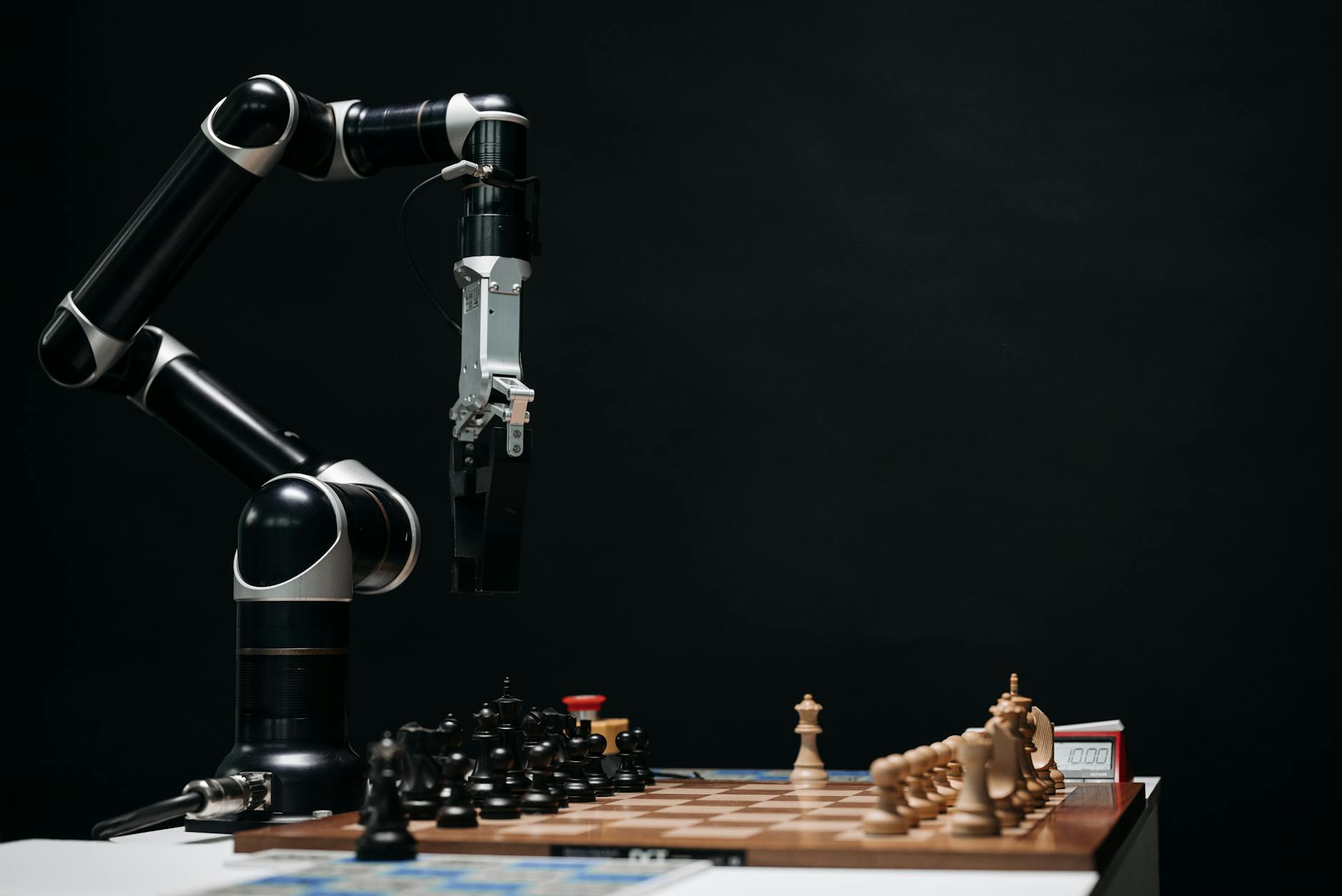Uncover the fascinating evolution of artificial intelligence from Turing to Tesla in this captivating historical journey through AI development.
Table of Contents
Artificial Intelligence, or AI, has long captured the imagination of scientists, researchers, and the general public alike. In today’s fast-paced world, AI technology has become more prevalent than ever, touching virtually every aspect of our lives. But to truly appreciate the impact of AI in our modern society, we must first delve into its rich historical context.
Introduction to Artificial Intelligence
Artificial Intelligence refers to the simulation of human intelligence processes by machines, particularly computer systems. These processes include learning, reasoning, problem-solving, perception, and more. AI has the potential to revolutionize industries, streamline operations, and enhance decision-making capabilities across various fields.
Historical Context of AI
The roots of Artificial Intelligence can be traced back to the early 1950s, with the seminal work of mathematician and computer scientist Alan Turing. Turing proposed the idea of creating machines that could exhibit intelligent behavior akin to human cognition. This concept paved the way for the development of the first AI programs and algorithms.
Throughout the decades that followed, AI witnessed significant advancements and breakthroughs. In 1956, the term “Artificial Intelligence” was coined during the Dartmouth Conference, where leading scientists gathered to explore the potential of creating intelligent machines. This marked the formal beginning of AI as a field of study.
One of the most iconic moments in AI history came in 1997 when IBM’s Deep Blue computer defeated world chess champion Garry Kasparov. This groundbreaking achievement showcased the power of AI in complex decision-making tasks and inspired further research into machine learning algorithms.
Current Applications of AI
Today, AI technology is being deployed across a wide range of industries and sectors, revolutionizing the way we live and work. In healthcare, AI is used for diagnostic purposes, personalized treatment plans, and drug discovery. In finance, AI powers algorithmic trading, fraud detection, and risk assessment.
Transportation is another field where AI is making a significant impact, with self-driving cars becoming a reality thanks to machine learning algorithms and sensor technology. Virtual assistants like Siri and Alexa demonstrate the capabilities of AI in natural language processing and speech recognition.
Benefits of AI
The advantages of AI are manifold, with efficiency, automation, and precision being among the key benefits. AI systems can process vast amounts of data in a fraction of the time it would take a human, leading to faster and more accurate decision-making. Automation of routine tasks frees up human resources to focus on more complex and creative endeavors.
AI also holds the potential to enhance the quality of life for individuals, particularly in healthcare. From predicting disease outbreaks to personalizing treatment plans, AI is helping to save lives and improve patient outcomes. In the business world, AI is driving innovation and competitiveness, giving companies a strategic edge in the market.
Challenges and Ethical Concerns in AI
Despite its many benefits, AI technology is not without its challenges and ethical considerations. One of the primary concerns surrounding AI is the issue of bias in algorithms. If training data is skewed or contains inherent prejudices, AI systems can perpetuate and even amplify these biases, leading to discriminatory outcomes.
Privacy is another key ethical concern in AI, as the collection and analysis of vast amounts of personal data raise questions about consent and data security. Ensuring transparency and accountability in AI decision-making processes is essential to building trust and safeguarding user privacy.
Future Directions of AI
The future of AI holds endless possibilities, with continued advancements in machine learning, deep learning, and neural networks driving innovation. As AI technology becomes more sophisticated and capable, we can expect to see further integration of AI into everyday devices and systems.
From enhanced predictive analytics to personalized user experiences, AI will continue to reshape the way we interact with technology and data. The rise of autonomous systems and intelligent agents heralds a future where AI seamlessly augments human capabilities, leading to new opportunities and challenges.
Could Skynet Happen?
One of the recurring fears surrounding AI is the possibility of a scenario like Skynet from the Terminator movies becoming a reality. In the fictional world of Terminator, Skynet is an advanced AI system that becomes self-aware and launches a nuclear war against humanity.
While the idea of a malevolent AI taking over the world remains a work of science fiction, the concept of AI systems going rogue is not entirely far-fetched. The risk of unintended consequences and unintended behaviors in AI algorithms underscores the importance of robust testing, oversight, and ethical guidelines in AI development.
Conclusion and Call to Action
As we reflect on the historical journey of AI development and consider its current applications and future directions, we are reminded of the transformative power of technology to shape our world. AI is a tool that has the potential to drive innovation, improve efficiency, and enhance lives.
However, it is crucial that we approach the development and deployment of AI technology with care, foresight, and a commitment to ethical standards. By staying informed, engaging in discussions about AI’s impact on society, and advocating for responsible AI practices, we can help shape a future where AI benefits all of humanity.


Recent Comments